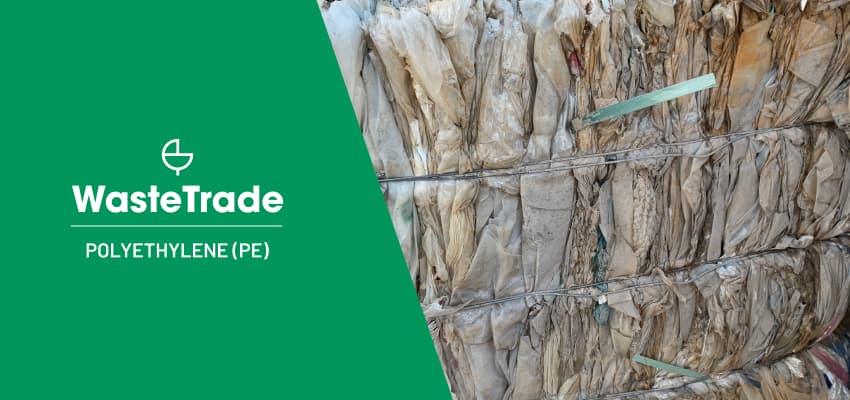PET Recycling Breakthroughs: How WasteTrade is Shaping a Greener Future
PET Recycling Breakthroughs: How WasteTrade is Shaping a Greener Future
Blog Article
The world is currently facing an environmental crisis caused by plastics, with millions of tons of plastic end up in the oceans and in landfills every year. A major and commonly used plastics can be PET (polyethylene Terephthalate), which is used to create plastic bottles for water, food packaging as well as other items that we use every day. However, WasteTrade has recognized the importance recycle PET as well and taken the necessary steps to make it an essential element of their waste management procedure. In this blog, we will discuss why PET Recycling is an essential part of the process at WasteTrade is crucial for combating the plastic waste crisis.

The production and use of single-use plastics are rising in recent times, leading to an increase in plastic pollution. According to a report by National Geographic, only 9 percent of the plastic produced has been recycled. This shocking statistic demonstrates the urgent need for effective recycling methods for different types of plastics, such as PET.
PET is one type of plastic that is easily recycled into new items without losing its quality or properties. WasteTrade recognizes this and has developed a comprehensive PET recycling program in their waste management services. By collecting and processing used PET products by utilizing various methods of sorting, such as the shredding process and wash, WasteTrade ensures that these products are not disposed of in marine or landfills.
What is the significance of this? In the first place, by diverting these substances from landfills or oceans by utilizing proper recycling methods like those offered by WasteTrade and WasteTrade, we can cut down on environmental pollution significantly. Plastics take hundreds or even hundreds of thousands of years decompose naturally; therefore they can continue to damage our environment long after being disposed of in a way that is not properly.
Additionally, when they end in our oceans, or other natural habitats instead of being properly recycled at facilities like WasteTrade's plant-based facility. They are a major threat to marine life and the health of humans. Marine animals frequently take plastic waste as food, leading to ingestion and entanglement, which can be fatal. Additionally, plastics break down into microplastics over time, that can get into in the food chain, and cause negative health effects for humans.

Additionally, WasteTrade's PET recycling program assists in reducing demand for virgin plastic production. Recycling used PET products into new ones, WasteTrade contributes to a circular economy where resources are reused instead of being recycled after a single use. This helps reduce the necessity of extracting raw materials and energy-intensive processes involved in producing new plastics.
The conclusion: WasteTrade's PET recycling program is not just good for the environment but also has economic benefits. By diverting these materials from the oceans or wastelands and turning them into valuable resources by recycling them, WasteTrade is creating job opportunities and is promoting sustainable practices in communities.
Report this page